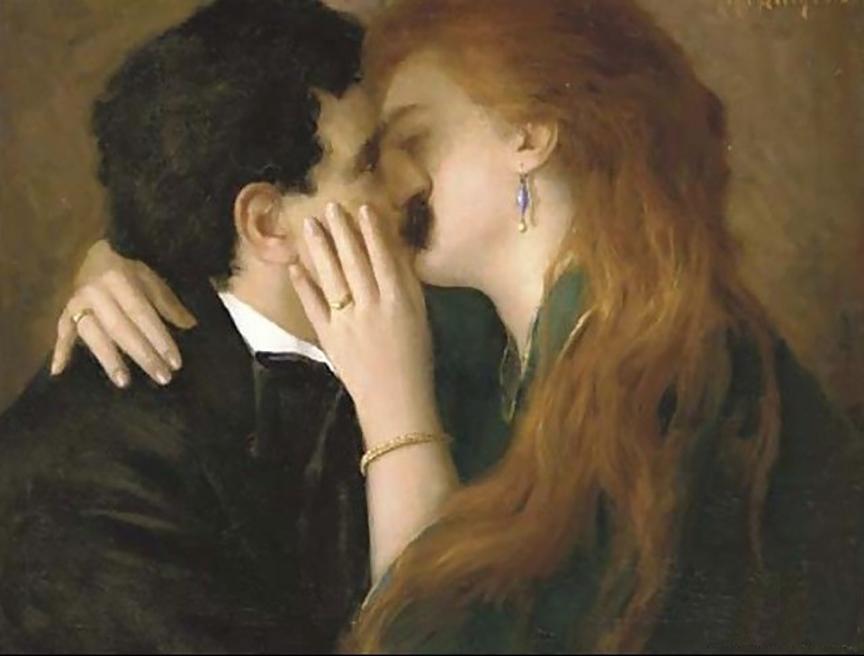“I married the first man I ever kissed,” Barbara Bush, wife of President George Bush, would say. “When I tell this to my children, they just about throw up.”
Staff-Capt. Ryabovich of the N-Artillery Brigade would have understood the power of that kiss. After experiencing an unexpected embrace from an upper-class stranger in a darkened room, and unable to identify the woman who kissed him and then fled, Ryabovich spends days romanticizing the moment, carrying the memory with him like a boutonniere of the heart that only he can see, smell, and touch.






